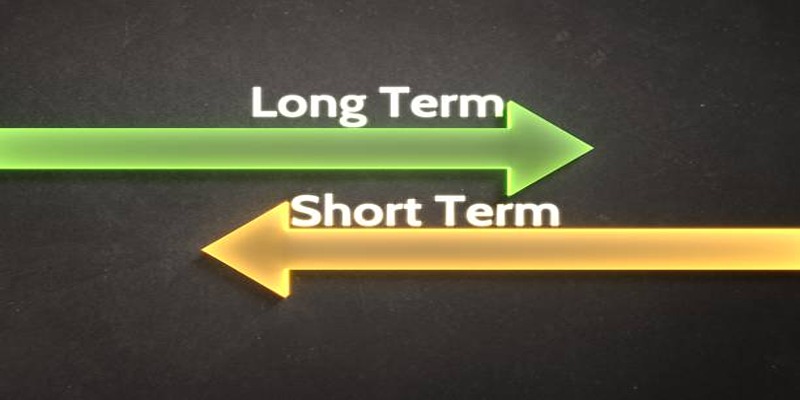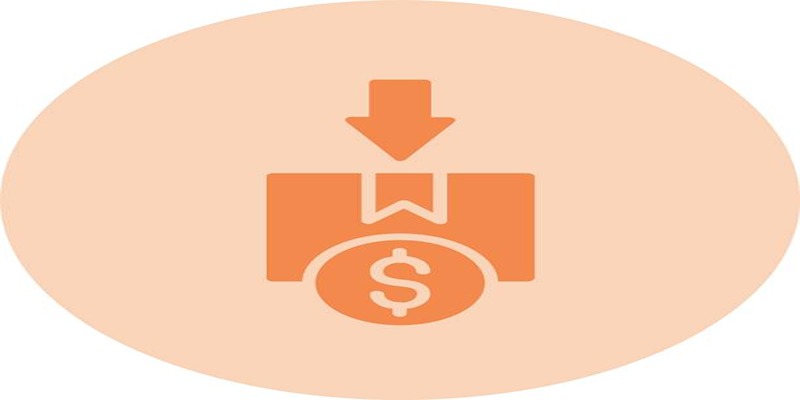The pleasure from getting bonus pay at work faces a hidden challenge through taxation regulations. The taxation rules function differently for bonus payments in comparison to standard employee wages. Understanding the bonus tax regulations for 2025 will prevent surprises during the arrival of your performance bonus. This guide simplifies bonus tax rate definitions with explanations of how bonus tax rates influence your after-tax earnings.
What is a Bonus Tax Rate?

A bonus tax rate is the amount of taxes that are withheld from your bonus payment. This is different than your regular paycheck because it’s considered supplemental income and taxes are calculated differently. The IRS sets specific rates for supplemental income, like bonuses and commissions, to ensure they are properly taxed.
Federal Tax Withholding on Bonuses
When it comes to receiving a bonus, there are two main methods that employers use for federal tax withholding: the flat rate method and the aggregate method.
Flat Rate Method
Your bonus receives flat tax treatment under this approach at the rate of 22%. Your bonus payment must undergo 22% federal tax withholding whether your regular income falls within any tax bracket. Employers generally select this method because it offers easy calculation procedures.
Aggregate Method
This method takes into account your total taxable income for the year, including your bonus. Your employer will spread out the bonus amount over your paychecks for the year and calculate how much should be withheld based on your total taxable income. This method may result in a lower overall tax rate for your bonus, as it is taking into consideration your regular income and tax bracket.
Supplemental Income Tax Method
Some states have their own supplemental income tax withholding laws which require employers to withhold a certain percentage of an employee's bonus. In this method, the employer would use that state-specific percentage to calculate and withhold taxes on the bonus amount. It is important to note that not all states have this requirement, so be sure to check with your employer or state's department of revenue.
Deferral Options
In some cases, you may have the option to defer your bonus income until the following tax year. This can be beneficial if you believe your income will be lower in the following year, resulting in a lower tax bracket and potentially less taxes owed on the bonus amount. However, it is important to carefully consider the potential consequences of deferral, such as missing out on potential investment opportunities or interest earned on the bonus amount.
Non-Cash Bonuses
If you receive a non-cash bonus, such as stocks or gifts, it is still considered taxable income. The fair market value of these bonuses must be included in your total yearly income and will be subject to taxation according to your tax bracket.
Changes to the Bonus Tax Rate in 2025
Currently, the bonus tax rate is tied to income tax rates and can range from 22% to 37%. However, starting in 2025, the bonus tax rate will be a flat rate of 39.6%, which could significantly impact your take-home pay if you receive a bonus. This change was made as part of the Tax Cuts and Jobs Act passed in 2017.
Tips to Navigate Bonus Taxation
Understanding bonus tax rates and how they can impact your take-home pay is important for financial planning. Here are some tips to navigate bonus taxation:
- Be aware of the flat rate change in 2025: It's essential to know that starting in 2025, the bonus tax rate will be a flat rate of 39.6%. This means that regardless of your tax bracket, you will be taxed at this higher rate on any bonuses received.
- Consider adjusting your withholding: If you expect to receive a large bonus, it may make sense to adjust your withholding during the year to account for the higher tax rate. This can help prevent owing additional taxes when you file your annual return.
- Understand the different types of bonuses: Not all bonuses are treated the same for tax purposes. Some may be considered supplemental income, while others may be treated as regular wages. It's important to understand how each type of bonus will be taxed so you can plan accordingly.
- Be aware of state and local taxes: In addition to federal taxes, you may also owe state and local taxes on your bonus. These rates can vary depending on where you live, so it's important to research and understand the tax laws in your specific location.
- Consider using your bonus towards retirement savings: If you don't need the immediate cash from your bonus, consider using it to contribute towards your retirement savings. This can help reduce your taxable income and potentially provide long-term financial benefits.
How to use your bonus wisely

Here are some tips on how to make the most out of your bonus:
- Create a budget: Before you start spending your bonus money, it's important to create a budget. This will help you allocate funds towards necessary expenses and determine how much extra money you have for discretionary purchases.
- Start an emergency fund: It's always wise to have some savings set aside for unexpected expenses or emergencies. Use a portion of your bonus to start building an emergency fund.
- Invest in yourself: Use some of your bonus to invest in yourself, whether it's through further education, personal development courses, or self-care activities. Investing in yourself can ultimately lead to personal and professional growth.
- Donate to charity: Consider giving back to those less fortunate by donating a portion of your bonus to a charitable organization. Not only will this benefit others, but it may also bring you joy and a sense of fulfillment.
Final Thoughts
Receiving a bonus is an excellent opportunity to improve your financial health and make meaningful decisions for your future. By planning carefully and aligning your spending with your priorities, you can maximize the impact of your bonus. Whether you choose to save, invest, or give back, thoughtful use of this additional income can help you achieve both your short-term and long-term goals.












